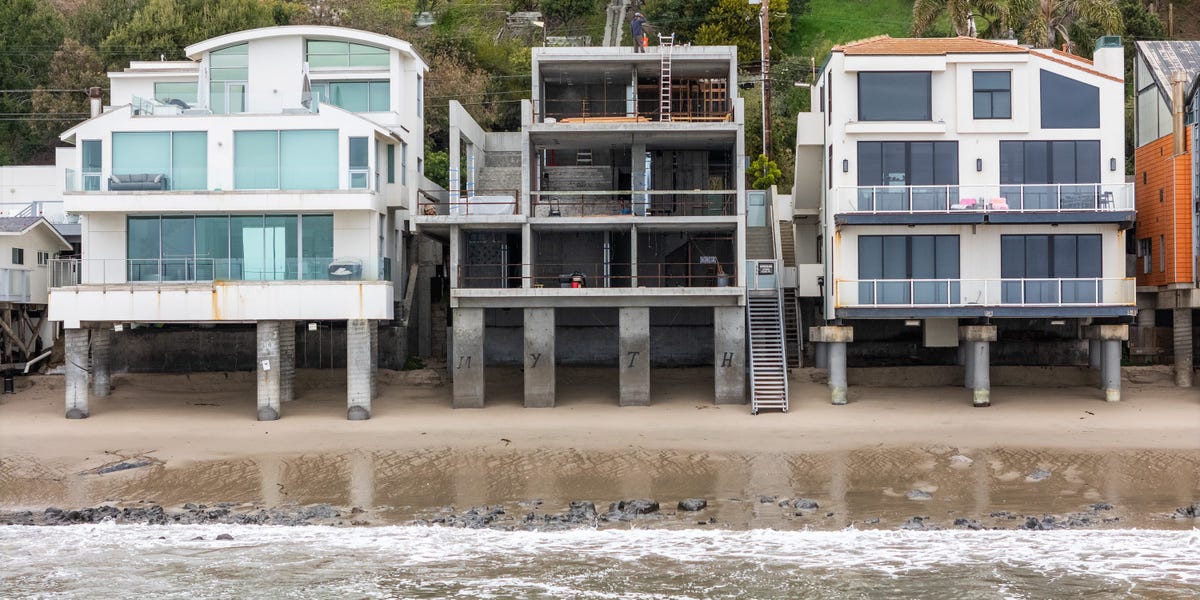H
ospitality real estate stands out as a multifaceted segment in the global property market, where assets intersect with real estate, service, and consumer culture. These properties generate revenue through guest experiences, making them unique compared to traditional real estate investments.
The hospitality sector is highly sensitive to consumer trends and tourism, requiring continuous adaptation to stay relevant. This dynamic nature presents both opportunities and risks for investors. With the global hotel investment volume reaching USD 57.3 billion in 2024, and projected growth of 15-25% in 2025, investor interest is growing.
To succeed in hospitality real estate, expertise in both hospitality operations and property strategy is essential. This involves understanding factors like location, capital structure, and brand selection to influence long-term value and returns. Despite the complexity, investors are attracted to the industry's strong fundamentals.
Hospitality assets derive value from their ability to generate revenue through guest-facing services like lodging and dining. Revenues come from shorter lease periods than traditional properties, ranging from nightly stays to hourly bookings. The sector holds a competitive edge over static asset classes due to its responsiveness to market conditions.
Investors in hospitality real estate must consider various factors when evaluating properties, including location, brand and operator, service level and property type, revenue mix and ancillary income, market conditions and competition, capex needs, and lease structure. Operational performance is a crucial driver of asset value, and understanding the contributors to hotel operational performance is essential.
The benefits of investing in hospitality real estate include capturing upside as demand responds to market conditions, benefiting from dynamic pricing, and offering resilience with inflation. However, risks inherent to the industry cannot be overlooked, such as operational complexity, seasonality, and volatility.
Investment strategies in hospitality real estate can range from core investments for stability and income preservation to value-add and opportunistic investments that target underperforming or mismanaged assets. Understanding trends in the sector, such as lifestyle properties, branded residences, and emerging markets, is crucial for capturing opportunities and navigating risks.
Lifestyle properties, extended-stay hotels, and branded residences are gaining popularity due to their high earning potential beyond room nights. Emerging markets like India and Saudi Arabia offer higher returns but come with higher political and operational risks. Navigating hospitality assets requires active management and agility to capture upside in a dynamic market.















